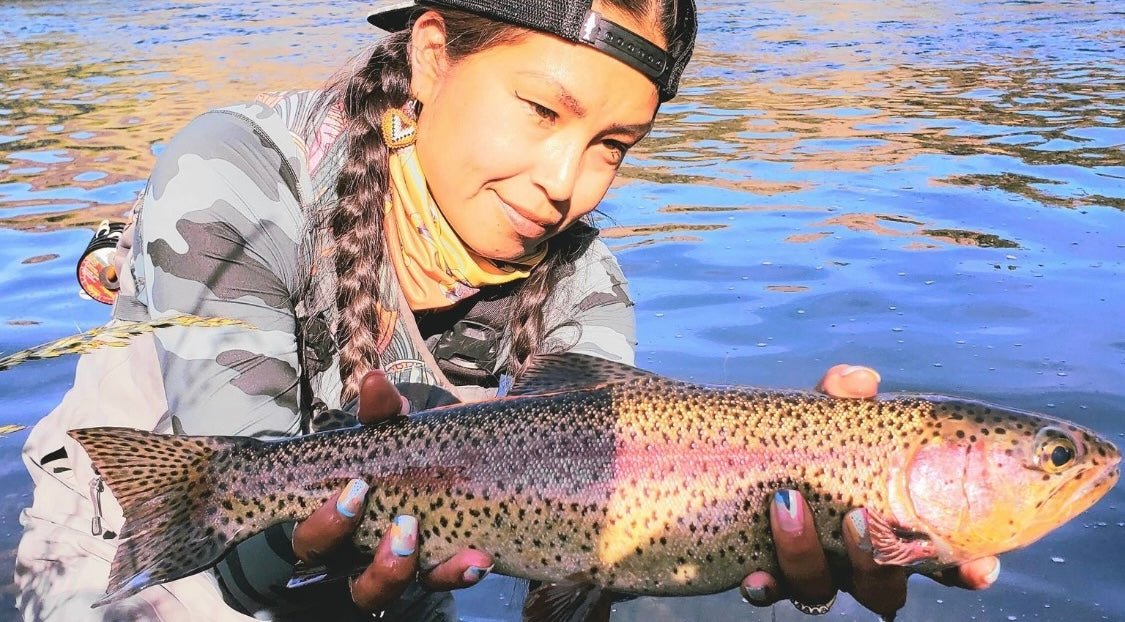
Featured Ambassador: Alysia Aguilar

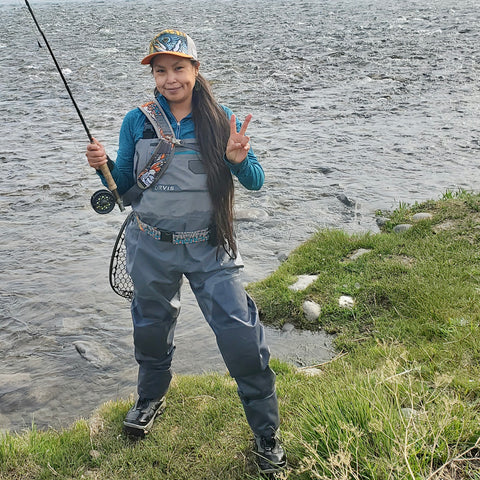
Many titles follow Alysia Aguilar: caregiver, fishing guide, indegenous activist… the list goes on. Hailing from Warm Spring’s Oregon, Alysia lives and breathes all things water and fishing. In 2013, she and her husband founded Littleleaf Guides on the Deschutes River, making them the first married indiginous couple to run a fly fishing outfit in the United States.
Water has been a connecting thread throughout Alysias life. Growing up in the mountainous Pacific Northwest, she had snow runoff to thank for the bountiful harvests they needed to survive and thrive. She grew up subsistence fishing, keeping every fish they caught and fishing with a hook and worm. Later in life, she learned how to fly fish, turning it into a recreational pastime and job through guiding. What sets Alysia and her husband's company apart is that they are the only tribal outfit that utilizes their sovereign rights to guide. There is an invisible line that goes down the center of the Deschutes River that designates the West Bank as private property co-managed by the confederated tribes of Warm Springs. Littleleaf Guides has access to this coveted fishing area and has the ability to fish the less pressured fish stock on the left side of the river.
With all that the Deschutes River and its tributaries give to Alysia and her family business, they make an extraordinary effort to give back. They use their guiding outfit to fulfill their duty of honoring their way of life and giving back to the land and waters which they rely on. “By being a voice for the voiceless number one” as Alysia so eloquently puts it. Littleleaf Guides raises awareness of the long list of threats that the aquatic species, plants, and the ecosystem as a whole face. Alysia is adamant that you cannot take without giving back. And give back she does… Donating money to conservation non-profits, doing volunteer work, teaching fly-fishing 101 classes, participating in river clean-ups, getting the word out about these issues through public speaking, podcasts, TV shows, magazine articles, the list goes on. “Doing whatever it takes” as Alysia says. With all of this hard work, Alysia has some monumental wins to show for it. She was so kind as to outline a few of the major ones for us.

First in 2015, Littleleaf Guides teamed up with Bark, a non-profit dedicated to defending and restoring the natural areas around Mt. Hood. Littleleaf Guides, Bark, and a host of other concerned Oregonians opposed the privatization of Oxbow Springs, a spring located in Cascade Locks, a city on the banks of the Columbia River. The multinational corporation Nestle, had a plan to build a water bottling plant in Cascade Locks, preventing millions of gallons of water from reaching the Columbia River. A region already struggling with drought conditions, Alysia described salmon and sturgeon floating belly up in the river, citing another burden on the water resource as the last thing that the area needs. In the end, Nestle was educated on the treaty of 1855 which gave tribes rights to hunt, fish, and harvest foods on lands that bordered their reservation and ceded lands and they did not go through with plant construction.
Their second major win back in 2016/17 was around protecting the Deschutes River from the threat of crude oil spill at the hands of the railroad. The railroad that parallels the tribal side of the Deschutes was not reinforced, increasing the odds of a train derailment. Such a derailment and subsequent oil spill would decimate the already stressed salmon and steelhead populations on the river. These fish species serve as a source of food and medicine, not to mention a cultural resource for Alysia and her family. They fought and won; holding the railroad accountable to maintain and reinforce the railroad bends that neared the edge of the river with concrete ties.
Littleleaf Guides activism accolades go on and on. Speaking at the statehouse at the personal request of the Governor of Oregon to represent indigenous voices along with fighting against threats to Sherars Falls (an important salmon dip netting location) to name a few. “I’m very proud of growing and learning how to network with like minded people to meet our (activism) goals. Proud of all the barriers and statistics that we have jumped over, crawled under, and made it through, regardless (of the struggle it took)” says Alysia.

Not only is Alysia a guide and activist, she is also a mother. Her children spin fish, fly fish, and spey fish. “It’s in their DNA'' she says. Alysia and her family’s tribe are known as The Big River People (the Columbia River). Fishing for substance and harvesting off the land is their way of life; fishing for salmon, steelhead, lamprey eel, sturgeon, mussels, and cray fish. Alysia emphasizes her drive to raise her children in her indigenous culture and heritage. It is her wish to pass down the knowledge of the oceans, rivers, and land to future generations for years to come. Her goal is “to make my ancestors proud of me as I’m healing from generational trauma and decolonization.”
We are so thankful for Alysia’s candor in telling her story. As the tide of human development rises, it is inspiring to know we have folks like Alysia who have devoted their lives to protecting our waters and fish. Cheers to Alysia!


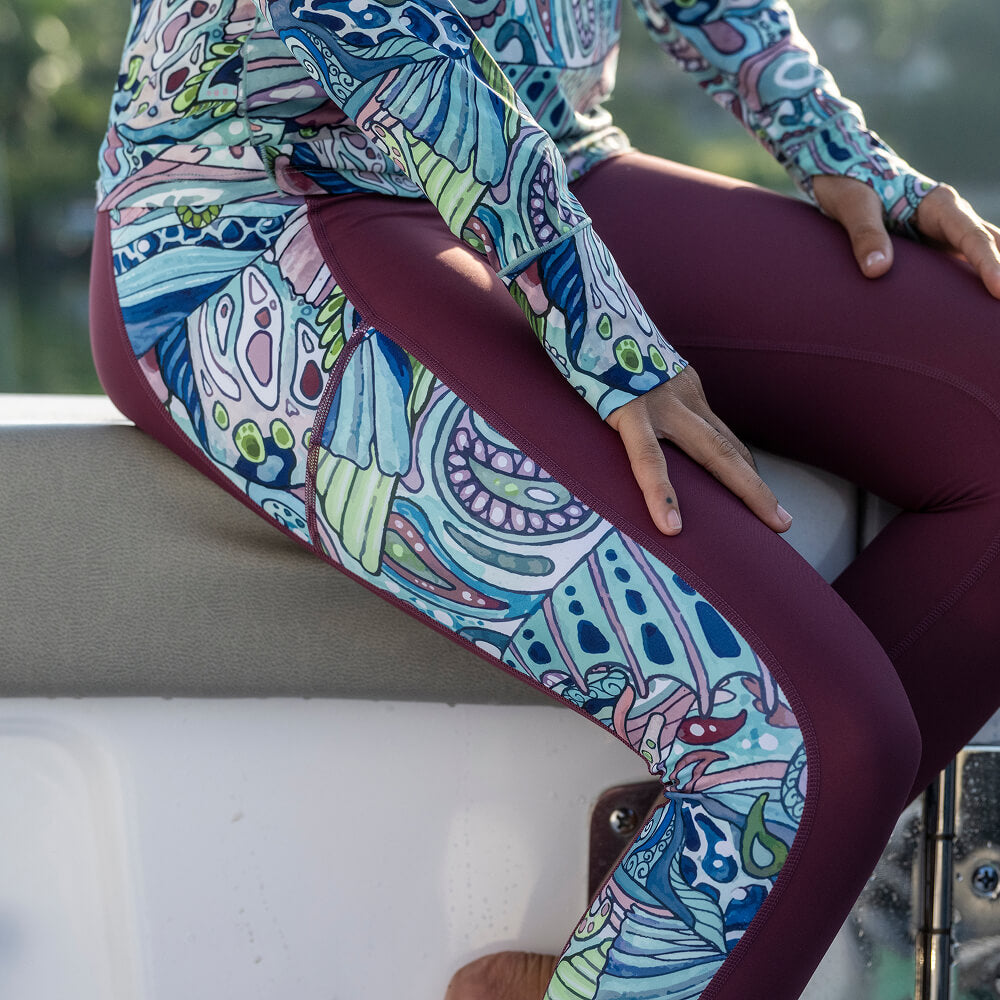

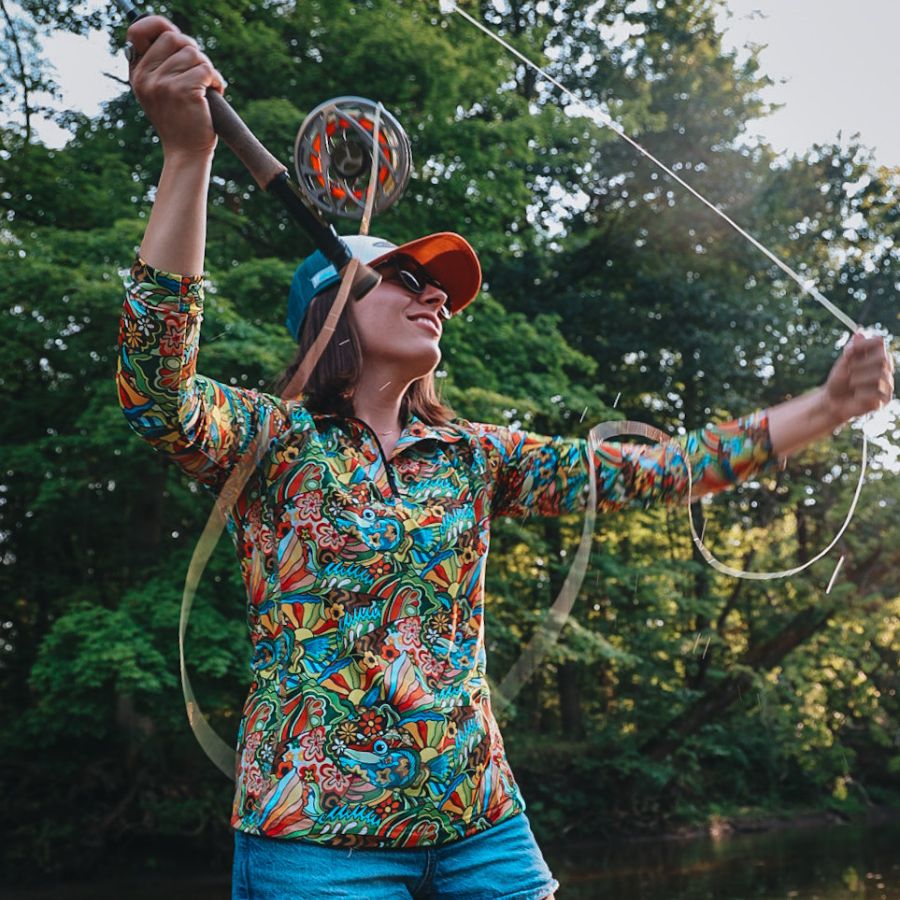

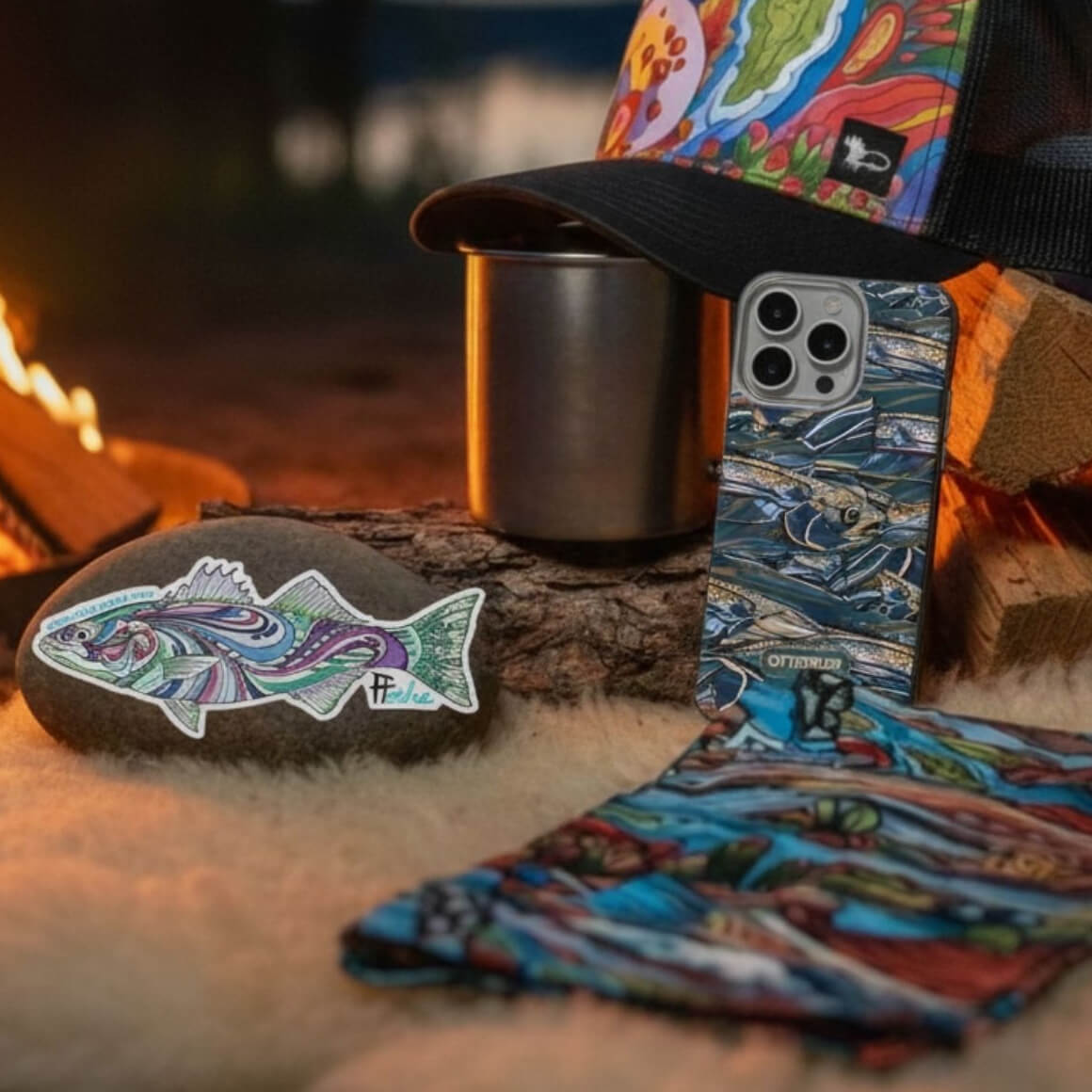
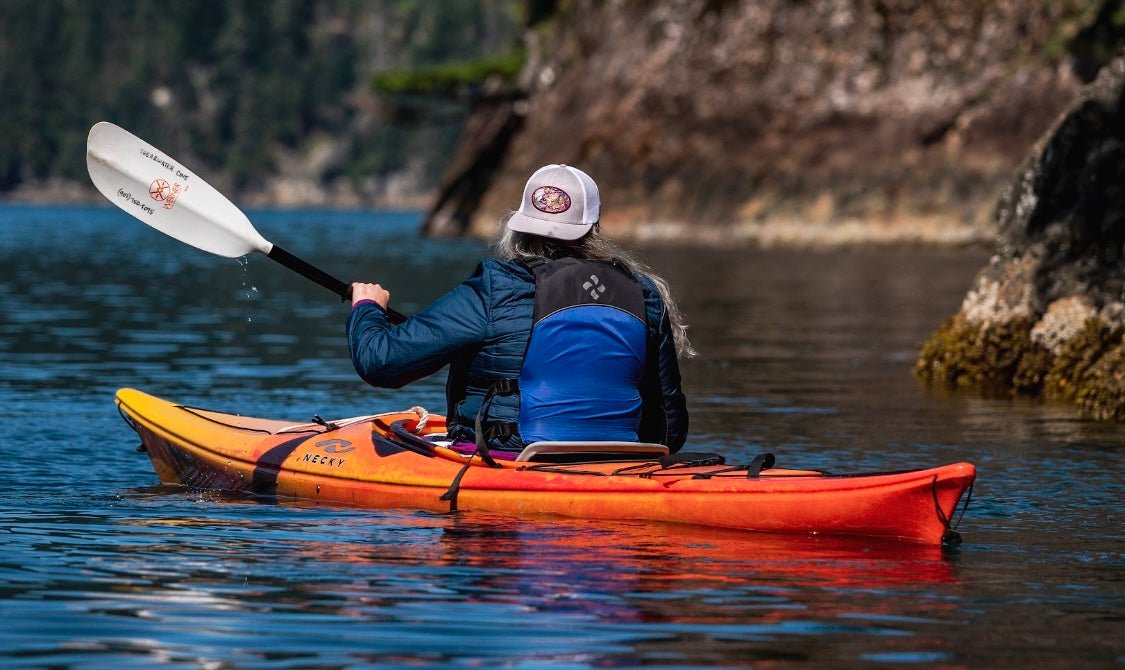
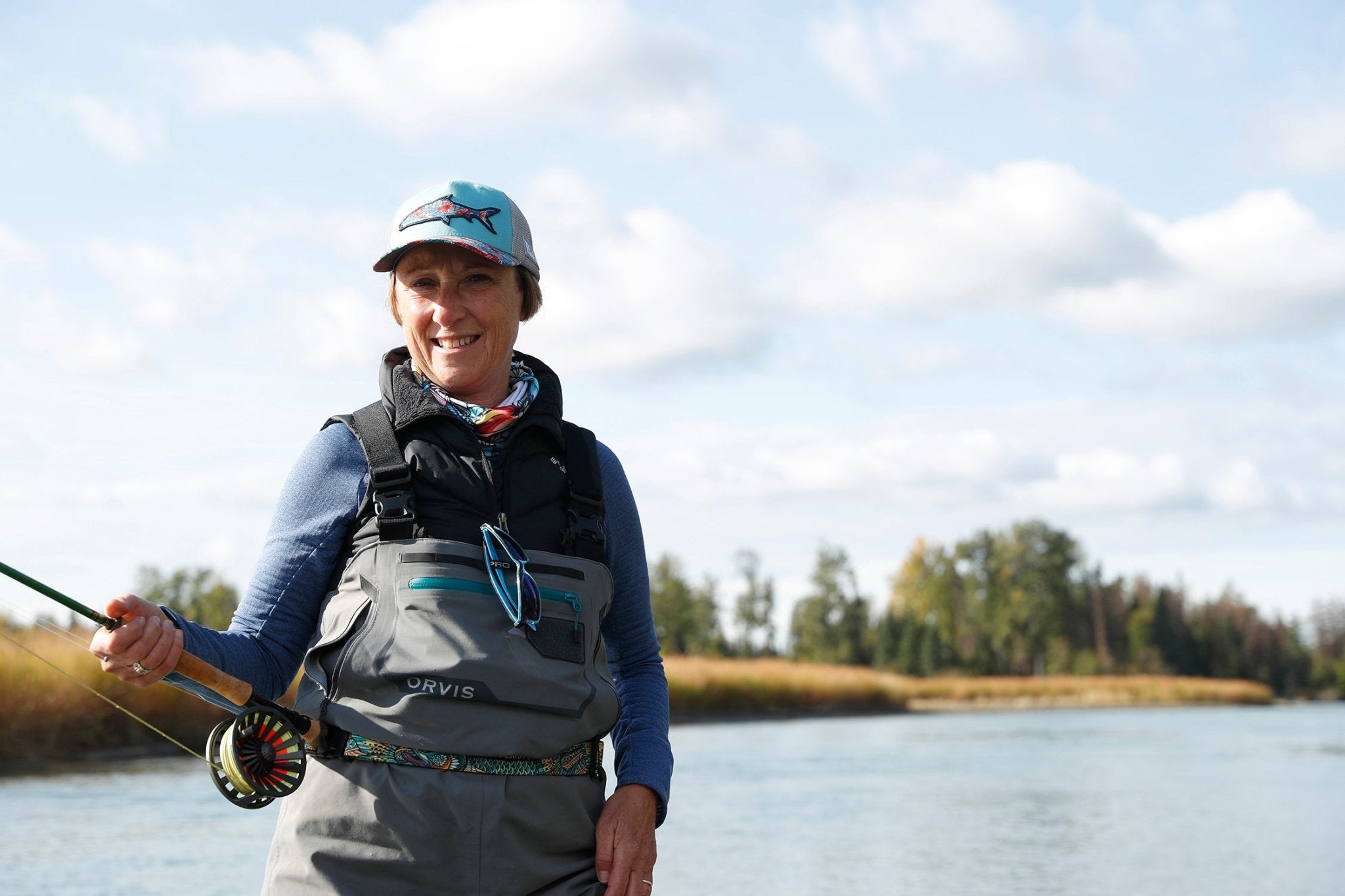


Leave a comment
This site is protected by hCaptcha and the hCaptcha Privacy Policy and Terms of Service apply.